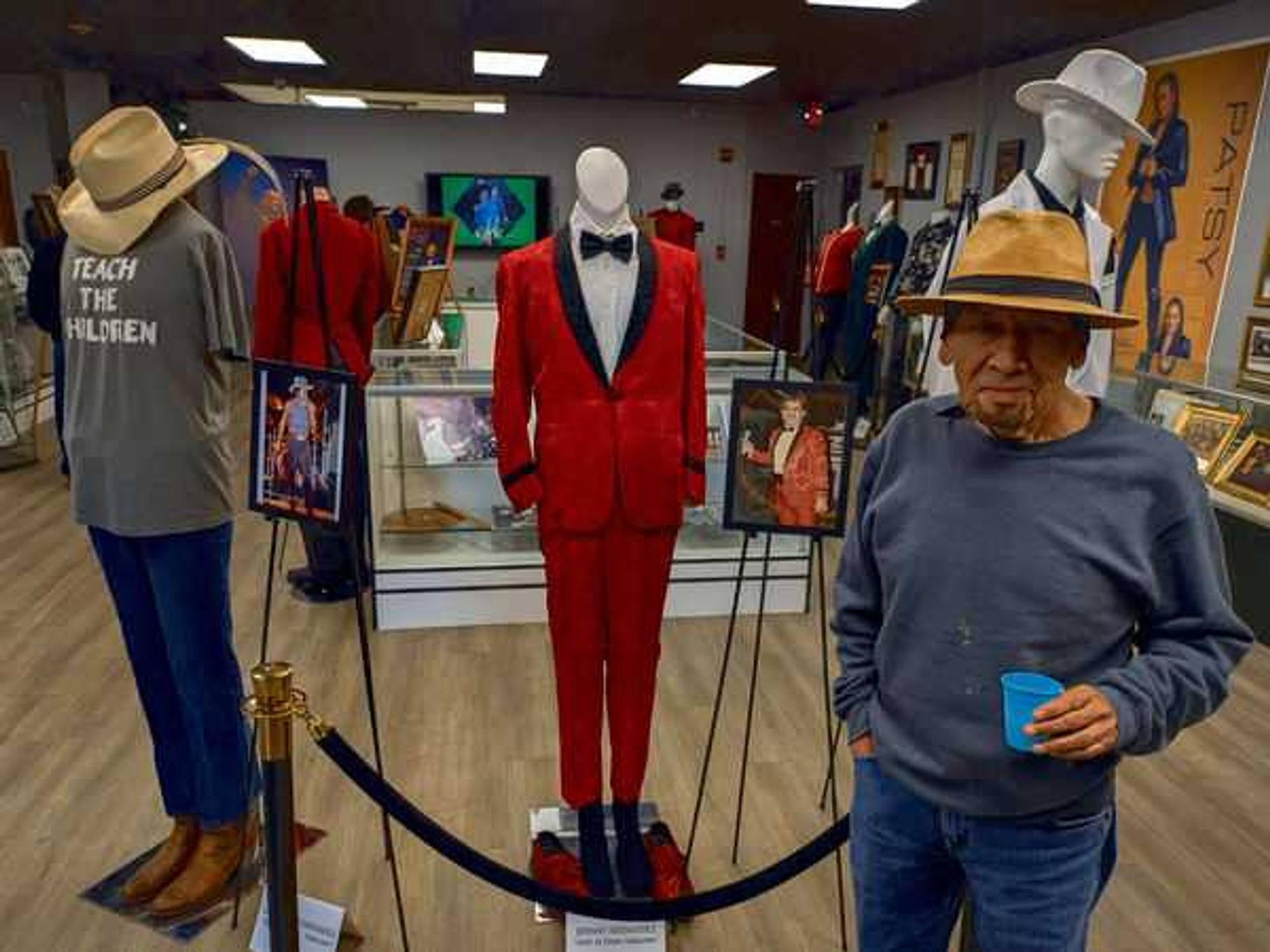Double Dutch Dose of Bliss
Sweat & bear it: You don't need a summer vacation to be happy
 Will a vacation to the beach make you happier?
Will a vacation to the beach make you happier? How about Paris?
How about Paris? Or New York?
Or New York? A recent article in Newsweek contends that vacations don't make you happier
A recent article in Newsweek contends that vacations don't make you happier People seem to be happier in The Netherlands, according to one study....
People seem to be happier in The Netherlands, according to one study.... ......unless their team loses in the finals of the World CupPhoto by Richard Heathcote/Getty Images for Sony
......unless their team loses in the finals of the World CupPhoto by Richard Heathcote/Getty Images for Sony
I’m so happy I’m not taking a vacation this summer. At least, I think I should be.
That’s because I just read a journal article presenting scientific proof that I’m just as happy as if I had taken a vacation last month to my favorite destination. That goes for you, too.
Now, doesn’t that make you feel better? Or at least more aware of how happy you are — especially if you were under the impression that you’d been feeling a teeny bit morose over not going anywhere?
Reports indicate that American consumers are continuing to hold onto their wallets with a fierce, white-knuckle grip. Most Americans aren’t spending as much as they did in more robust economic times; they’re taking a cautious wait-and-see approach, just like employers. A stand-off like this suggests we’re in it for the long haul. That doesn’t seem to bode well for our fond hopes to fly off to Paris or Salzburg or Munich anytime soon, does it, frustrated fellow travelers?
That’s why I was so intrigued by a Newsweek article headlined “Why Summer Vacation Won’t Make You Happier,” by Sharon Begley, who cites a slew of scientific studies backing up this comforting claim.
The most recently published study on her list is the work of scientific investigators in the Netherlands. Just from the title of their article, “Vacationers Happier, but Most Not Happier After a Holiday," you get the drift: It’s fun while it lasts, but when it’s over, it’s over.
When I pulled up the link to the paper’s abstract, I noticed that the journal was published by Springer Netherlands. Something about the Dutch and the Netherlands rang a distant bell in my memory. If only I had a windmill cookie, I mused wistfully, recalling the wonders wrought by the French Madeleine for Marcel Proust.
I suddenly remembered some facts about the Dutch penchant for happiness that I learned in a great read of a book called The Geography of Bliss. This stimulating nonfiction work was written by Eric Weiner, a National Public Radio foreign correspondent who decided to go on a journey far from typically troubled news spots, in search of the world’s happiest places. (Speaking of vacations - sounds like a great trip, right?)
I promptly consulted my copy of Weiner’s book and, happily, found chapter one is titled: “The Netherlands.” His first stop was Rotterdam, where he visited a professor named Ruut Veenhoven — one of the co-authors of this very study! Weiner described Veenhoven as “the godfather of happiness research,” who “runs something called the World Database of Happiness,” which, he explained, is the global repository of social scientists’ happiness research studies.
While he was poring over data at the WDH, Weiner made the happy discovery that the Netherlands – the country he was visiting at that time –“scores consistently high on the happiness scale.” He also learned that Veenhoven’s research shows that tolerant people tend to be happy, and the Dutch, Weiner astutely observed, “will tolerate anything – even intolerance.”
So there’s a double-Dutch dose of happiness credibility underlying this study. First, it was conducted by Dutch investigators who are experts in the field of happiness research; second, it involved Dutch subjects, who are well-placed to be happy, to begin with.
The researchers studied a total of 1,530 Dutch people in their scientific quest to find out whether vacationers differ in happiness compared to non-vacationers, and whether a holiday trip boosts post-trip happiness. Those questions were addressed in a pre-and post-test design study. Of the total, 974 people went on vacation, and answered questions about their happiness before and after their trip. The other 556 people didn’t go anywhere.
Vacationers generally showed greater pre-trip happiness than non-vacationers, the researchers reported in their paper, suggesting the possibility that anticipation played “an important role” in that difference.
I can corroborate that. Anticipation plays the leading role in the happiness operetta that plays out in my life during the sky-high-quality time when I’m planning a vacation.
Of course, we all enjoy looking forward to a pleasant break from routine, and a change of scenery. But I’m one who especially exults in the planning process. Weeks, sometimes months in advance, I not only do my homework, via guidebook and Internet, and make sightseeing lists — I map out my walks and transportation routes on city street maps and subway maps. As I do all this preparatory work, I feel euphorically happy. I know many people who don’t plan their vacations in such detail, but I’m happiest when I’m efficiently organizing my future fun. (Did I mention my German background?)
While vacationers are happier, compared to non-vacationers, a trip “does not add much to their happiness,” the Dutch researchers concluded. Generally, in terms of post-trip happiness, there were no differences between vacationers and non-vacationers, they wrote. Only those vacationers who experience a “very relaxed” trip benefit in terms of post-trip happiness; even there, the benefits last a maximum of two weeks, they said.
After I read this paper, whose findings are explained in light of set-point theory, need theory, and comparison theory, I felt a little sad, even though I knew I had every reason to feel happy that I’m not going on vacation this summer. So I used cognitive behavioral theory to deal with it. I feel better now. At least, I think so.

 The newly opened Totally Tejano Hall of Fame and Museum includes a growing collection of memorabilia. Photo by Edmond Ortiz
The newly opened Totally Tejano Hall of Fame and Museum includes a growing collection of memorabilia. Photo by Edmond Ortiz